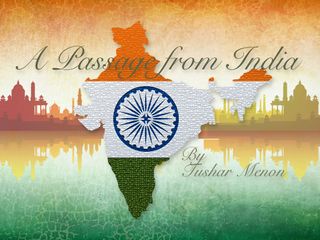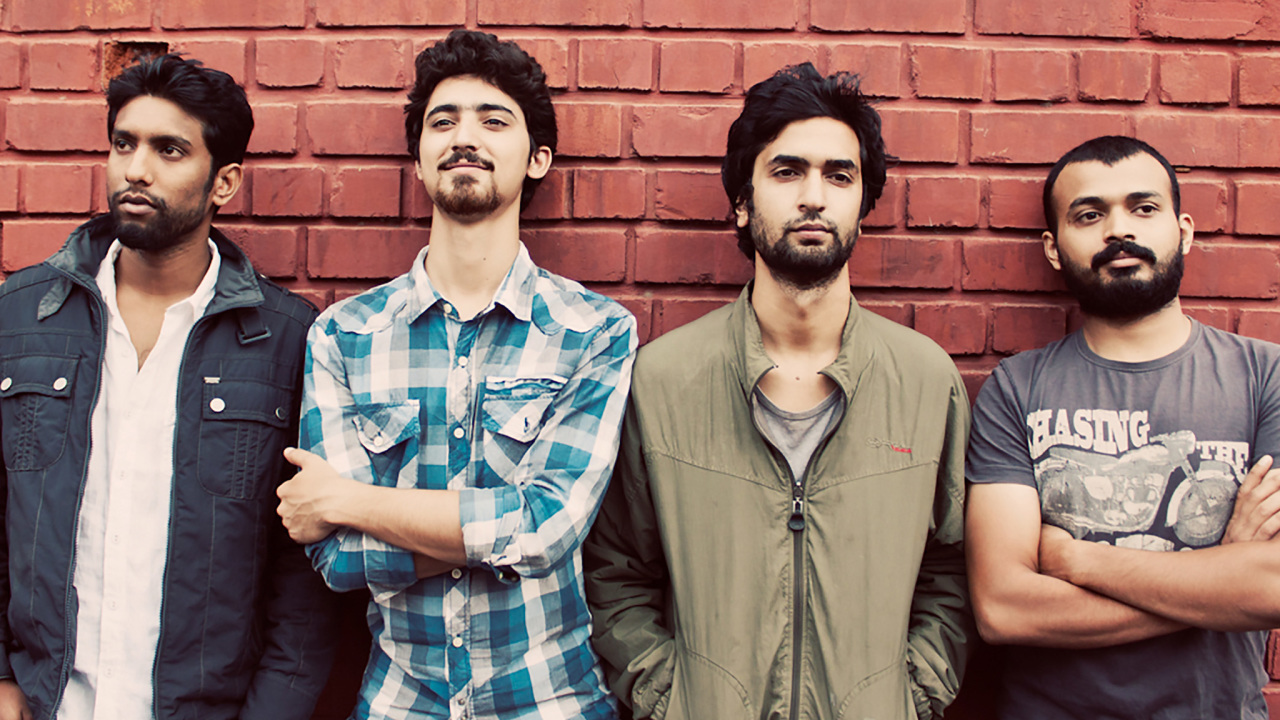This week Tushar’s talking about Urdu proggers Parvaaz…
Every so often, the Prog magazine Facebook group starts a thread with a post along the lines of “How prog were…?” followed by the name of some popular band. A discussion inevitably ensues in which salient characteristics of prog are thrown around. But part of the joy of exploring the genre is how loose and permeable its boundaries are. Outside our cozy circle, it is very difficult to explain the ‘you’ll-know-it-when-you-hear-it’ approach to defining the genre.
Prog’s demarcation criteria are famously obscure. A recent conversation at a pub with a colleague turned to the subject of the band Karnivool, a band I consider quintessentially prog. His response to my stating this was to stare at me incredulously before replying, “They’re not prog! Prog is those bands from the 70s.”
The fact that the approach to writing and orchestration is part of what makes prog prog doesn’t make things easier. Metal has its heavily distorted guitars, jazz has its characteristic harmonic structures, electronica has, well, electronics. But prog can have all of it and it can have none of it. Arjen Lucassen’s latest collaboration with Anneke van Giersbergen, The Gentle Storm, exemplifies this- the first disc could easily be classified as metal, but both discs fall firmly within the remit of prog.
Of course the strict classification of music into genres is, in and of itself, pointless. But the urge to classify has the practical benefit of answering the question ‘given the fact that I like Band X, is it likely that I will enjoy Band Y?’ So, in spite of its circularity, this is my approach to classifying something as prog. Taking as a starting point, the canonical 70s prog bands (The Yeses, Camels, Geneses, Rushes, Crimsons and Tulls), one is legitimately led to a diverse range of bands with, for example, Strapping Young Lad and Death at one end and Umphrey’s McGee and The Aristocrats at another.

With this in mind, let me introduce Parvaaz, a Bangalore-based quartet who recently released their debut album Baran. The music is intricately crafted, emotionally charged, intelligent and challenging. The immediate standout features are the vocal delivery of Khalid Ahmed, and the exquisite guitar work and wonderfully ‘Stratty’ tone of Kashif Iqbal, which both sit atop the solid rhythm section of Fidel D’Souza on bass and Sachin Banandur on drums. Baran is a true ‘sit-in-a-quiet-room-with-headphones’ type album. It is really only then that the subtle warmth of the album reveals itself.
Clocking in at just under an hour, Baran is just long enough to feel substantial without overstaying its welcome. The title track is almost a quarter of the album’s length and anchors the album in a way reminiscent of Porcupine Tree’s later albums- the first few songs feel like they are leading up to something, while those which follow feel like an extended epilogue and listening to the song Baran on its own somehow feels like an incomplete experience.
The band describe themselves as ‘Experimental/Rock’, and while the latter label is unequivocally true, the former potentially does a disservice to the band. ‘Experimental’, to my mind at least, conjures up an image of forced eclecticism, and also suggests a lack of confidence in some aspects of the music (‘Don’t hold us responsible for that weird song- it’s just an experiment!’). This could not be further from the nature of Baran, which is purposefully constructed and extremely tight, with little that does not justify its inclusion. The first half of the album, for example, winds its way through progressive blues in the opener Beparwah, a lush fusion ballad Ab Ki Ye Subah, brooding prog in Gul Gulshan and, remarkably, all of the above and more in the title track.
As the song titles suggest, Ahmed’s lyrics are delivered in Urdu, a language that has long been associated with some of the most mellifluous poetry that the subcontinent has to offer. As an inherently musical language, it is central to the sound that Parvaaz creates, without being a novelty. It all just fits, not least because of the ease and conviction with which it is delivered by the Kashmir-born Ahmed. Just as with Coshish’s masterful album Firdous, Parvaaz’s music conveys the intent and mood that are more explicitly articulated by the lyrics. Which is to say, even if you do not speak a word of Urdu (or if, like me, your link to Urdu comes from a tenuous grasp of the Hindi which was forced down your throat at school two decades ago), there is plenty to be immersed in.
The quality of the music is beyond question, and to the question, “how prog are Parvaaz?” all I can say is, you’ll know it when you hear it.


